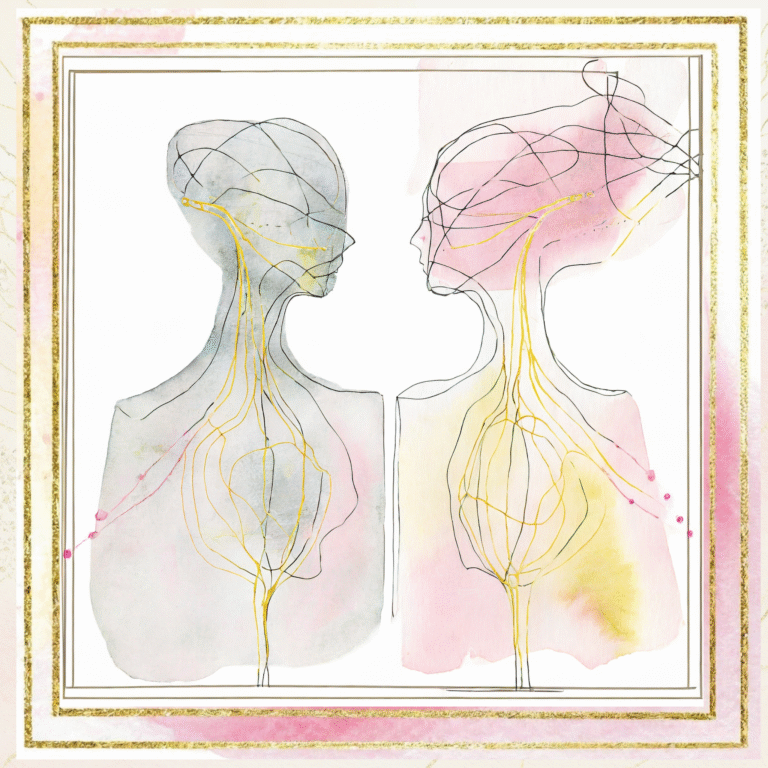Trauma-Informed
Foundational Trauma Awareness

Bringing Trauma Awareness into Teaching and Care
This training pathway deepens an understanding of a trauma-informed approach to care by grounding learning in the body and in relationship. Participants are invited to explore practices of attunement, presence, and connection that create a steady ethical foundation for how we hold space, teach, and support others.
Who This Training Supports
This pathway is designed for yoga professionals, therapists, educators, healthcare providers, and community leaders who want to integrate trauma awareness into their work. Whether guiding movement, counseling, teaching, or supporting care in other settings, participants learn skills that translate across disciplines.
Wraparound Care Across Professions and Communities
At the heart of this pathway is wraparound care. Wraparound care grows from the insights of shared learning through many professions: counselors, yoga professionals, therapists, educators, doctors, healing arts practitioners, and community leaders. By learning together, participants experience how trauma awareness takes root in practice and extends into classrooms, clinics, studios, and community spaces, creating continuity of care that strengthens both individuals and communities.
Body–Brain Insights for Trauma Awareness
The training weaves together the sciences and the humanities in ways that support practical, trauma-aware care. Participants study the nervous system, physiology, and movement to understand how the body and brain respond to trauma and how regulation is restored. Together, these studies provide grounding for trauma awareness that is both scientifically informed and culturally attuned.
Accessible, Unique Learning Tools
Participants receives a Trauma-Aware 30 Card Deck (Yoga or Somatic edition). These cards provide accessible, choice-based prompts for grounding, reflection, and regulation, offering an ongoing resource for personal use, professional practice, or group settings.
An Environment that Encourages Curiosity and Care
Learning environments are designed to be safe, supportive, and steady for every participant. Trauma-aware practice is woven into each session, with opportunities to explore embodied skills, applied knowledge, and reflective integration. The framework is guided by SAMHSA’s Trauma-Informed Approach, serving as a benchmark for best practices in care. Principles of safety, trust, collaboration, empowerment, peer support, and cultural awareness are modeled throughout, allowing participants to experience them directly. Trauma awareness is carried forward as both a framework for learning and a lived practice, extending into classrooms, clinics, therapy spaces, studios, and communities.






